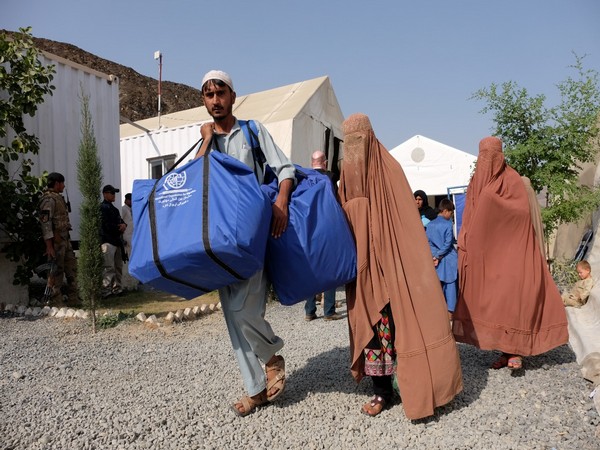Islamabad: Pakistan is preparing to ramp up the deportation of Afghan refugees following the conclusion of Eid holidays, as the March 31 deadline for their voluntary return to Afghanistan has lapsed, according to local media reports.
Reports indicate that the repatriation process could not formally commence due to the Eid holidays, which led to some confusion among officials. Some sources suggested that the deadline might have been extended. However, an official from Pakistan’s interior ministry refuted these claims, stating that no extension had been granted.
“While the deadline was March 31, the provincial government extended it until April 2 in light of Eid. Now, Phase 2 will begin from [Thursday], and we have set up camps at Landi Kotal and Nasir Bagh Road,” quoted a senior official from the Afghan Commissionerate in Peshawar in Pakistan’s leading newspaper, Dawn.
The Pakistani government signaled the start of forced removals of Afghan refugees, warning of strict legal action against those who did not leave by the deadline. As of April 1, a total of 886,242 undocumented Afghan nationals had returned to Afghanistan, with repatriations ongoing, as reported by The Express Tribune.
Despite appeals from the international community to extend the deadline, Pakistani authorities remained firm. The government dismissed concerns from the UN High Commissioner for Refugees (UNHCR) and other organizations regarding the mass repatriation of Afghan refugees and asylum-seekers.
UNHCR spokesperson Qaiser Khan Afridi expressed concern over the government’s directive, noting that some Afghan Citizen Card holders may need international protection. “We urge the government to consider their situation from a humanitarian perspective and encourage engagement between Pakistan and Afghanistan to ensure that returns are dignified and voluntary,” Afridi stated.
The Afghan Taliban government also called on Islamabad to halt the deportation of Afghan nationals. Mawlavi Abdul Kabir, Afghanistan’s Minister of Refugees and Repatriation, urged neighboring countries, including Pakistan and Iran, to stop these deportations and allow Afghans to return voluntarily. He emphasized the need for humane treatment of refugees, highlighting reports of mistreatment, including deportations of individuals holding legal visas.
Pakistan’s deportation policy has faced criticism from various international organizations, which have raised concerns about the severe risks refugees may encounter upon their return amidst ongoing uncertainties in Afghanistan. Earlier, the US-based advocacy group Human Rights Watch (HRW) condemned Pakistan for the “forced” deportation of Afghan refugees, stating that Pakistani officials should immediately cease coercing Afghans to return and provide those facing expulsion with the option to seek protection.
